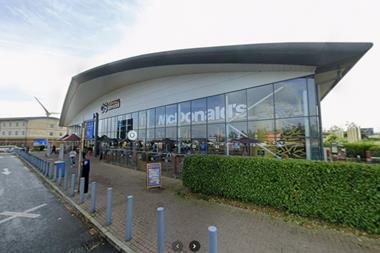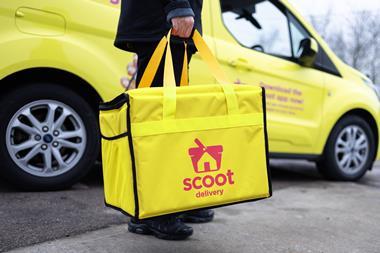The PRA has urged the Chancellor to cut fuel duty by 3ppl in next week’s Budget on 8 March.
At a meeting with senior officials at the Treasury this week (February 27), PRA representatives provided detailed arguments for pressing ahead with a fuel duty cut.
In their presentation they said:
• Year-on-year road fuel volumes have increased by over 2% providing a tax windfall (duty + vat) of nearly £750m per year, which would pay for half the recommended duty cut;
• The average cost of road fuel has risen rapidly over the last 12 months from 104ppl to 122ppl due to increasing global oil prices and the weakening of sterling versus the dollar;
• The 18ppl differential means that over £6.3bn has been taken out of the discretionary spend by consumers and motorists on other goods and services which could ultimately start to reduce economic growth aspirations;
• The extra cost of road fuel is a significant element of the inflation basket and will push levels yet higher which could also impact on economic growth;
• The UK is a road-based economy with close to 100% of all food being trucked and 80% of all other goods being moved by road, and increased fuel costs through 2016 will have to be passed on to provide financial sustainability for our essential road haulage industry;
• The outlook as confirmed during the recent International Petroleum Week held last month in London was that global oil is most likely to rise to US$65-70 per barrel this year, which will force pump prices above 125ppl and onwards towards 130ppl.
PRA chairman Brian Madderson commented: “We stressed that the Chancellor should not be tempted to demonise diesel, which is the fuel most used by commercial vehicle users.
“Creating a greater differential between diesel and unleaded grades could backfire and put the brakes on the economic recovery.
“Putting up diesel duty would be a crude attempt to encourage the take-up of petrol or electric vehicles.”

































No comments yet